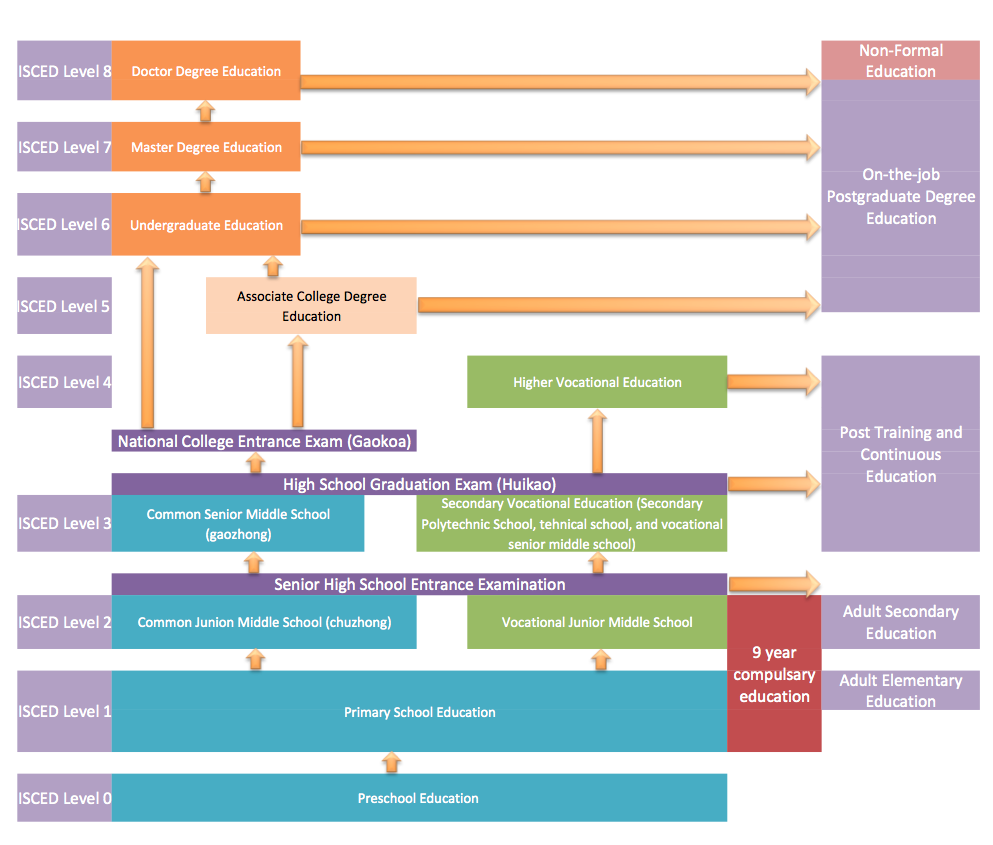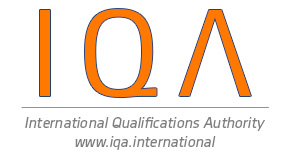
ISCED Levels
ISCED levels of education
The educational attainment of an individual is defined by the International Standard Classification of Education (ISCED) as the highest ISCED level of education that individual has completed. For operational purposes, educational attainment is usually measured with respect to the highest educational programme successfully completed, which is typically certified by a recognised qualification.
Levels of education
| Level | ISCED 2011 | Description |
|---|---|---|
| 0 | Early childhood Education (01 Early childhood educational development) | Education designed to support early development in preparation for participation in school and society. Programmes designed for children below the age of 3. |
| 0 | Early childhood Education (02 Pre-primary education) | Education designed to support early development in preparation for participation in school and society. Programmes designed for children from age 3 to the start of primary education. |
| 1 | Primary education | Programmes typically designed to provide students with fundamental skills in reading, writing and mathematics and to establish a solid foundation for learning. |
| 2 | Lower secondary education | First stage of secondary education building on primary education, typically with a more subject-oriented curriculum. |
| 3 | Upper secondary education | Second/final stage of secondary education preparing for tertiary education and/or providing skills relevant to employment. Usually with an increased range of subject options and streams. |
| 4 | Post-secondary non-tertiary education | Programmes providing learning experiences that build on secondary education and prepare for labour market entry and/or tertiary education. The content is broader than secondary but not as complex as tertiary education. |
| 5 | Short-cycle tertiary education | Short first tertiary programmes that are typically practically-based, occupationally-specific and prepare for labour market entry. These programmes may also provide a pathway to other tertiary programmes. |
| 6 | Bachelor or equivalent | Programmes designed to provide intermediate academic and/or professional knowledge, skills and competencies leading to a first tertiary degree or equivalent qualification. |
| 7 | Master or equivalent | Programmes designed to provide advanced academic and/or professional knowledge, skills and competencies leading to a second tertiary degree or equivalent qualification. |
| 8 | Doctoral or equivalent | Programmes designed primarily to lead to an advanced research qualification, usually concluding with the submission and defence of a substantive dissertation of publishable quality based on original research. |





